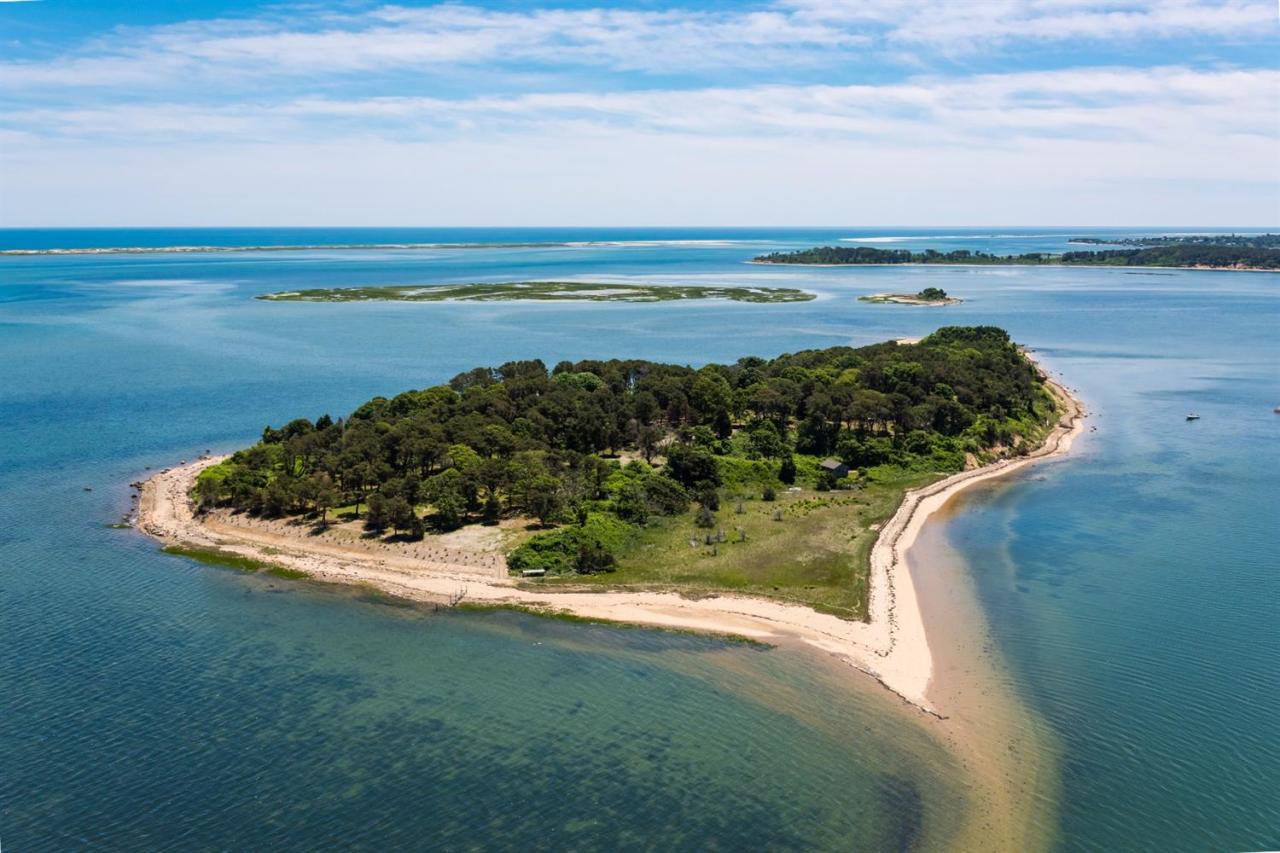Massachusetts, United States — The island off the coast of Cape Cod, Sipson island is open to the public for the first time after 300 years.
The Sipson island was sold by the Monomoyick people to White settlers, and has ever since been privately owned since 1711. The newly minted Sipson Island Trust hopes to restore and care for the island with the help of a local non-profit.
“It is really important for us as an organization and community to be able to communicate the importance of this indigenous history, and teach the values of those that lived on the island before 1711,” Sipson Island Trust President Tasia Blough told CNN.
The island was open on Saturday and is located just off the coast of Cape Cod in an area known as Pleasant Bay. The 24-acre island is currently of critical environmental concern.
Visitors have the pleasure to enjoy hiking, sandy beaches, snorkeling, and 360-degree views of the entire Pleasant Bay area.
“When it was for sale… there were a number of conservation organizations who wanted to find a way to raise the money… protect it, preserve it and make it accessible to the public,” Blough said.
The initial problem was having a steep price for a non-profit; a cost of $12 million. However, over the last four years, with the extension of the closing date, The Friends of Pleasant Bay organization helped raise the capital needed to open the island for everyone. The private trust created to manage the island closed on the property for $5.3 million on June.
Although there are still eight acres on the property that are not in the trust’s name, they are hoping to raise the funds quickly so they can have access to the whole island.
While the public is welcome to enter the island, the are encouraged to access the island from the eastern shore and to use shallow draft boats under 22 feet due to the sensitive ecosystem in the water.
The five-year plan for the island is to knock down three of the four structures currently on the island for the creation of an open-air research and education center. The goal is to restore the island’s ecology, support environmental and historical education and research, and to provide for public recreation on and around Sipson.





